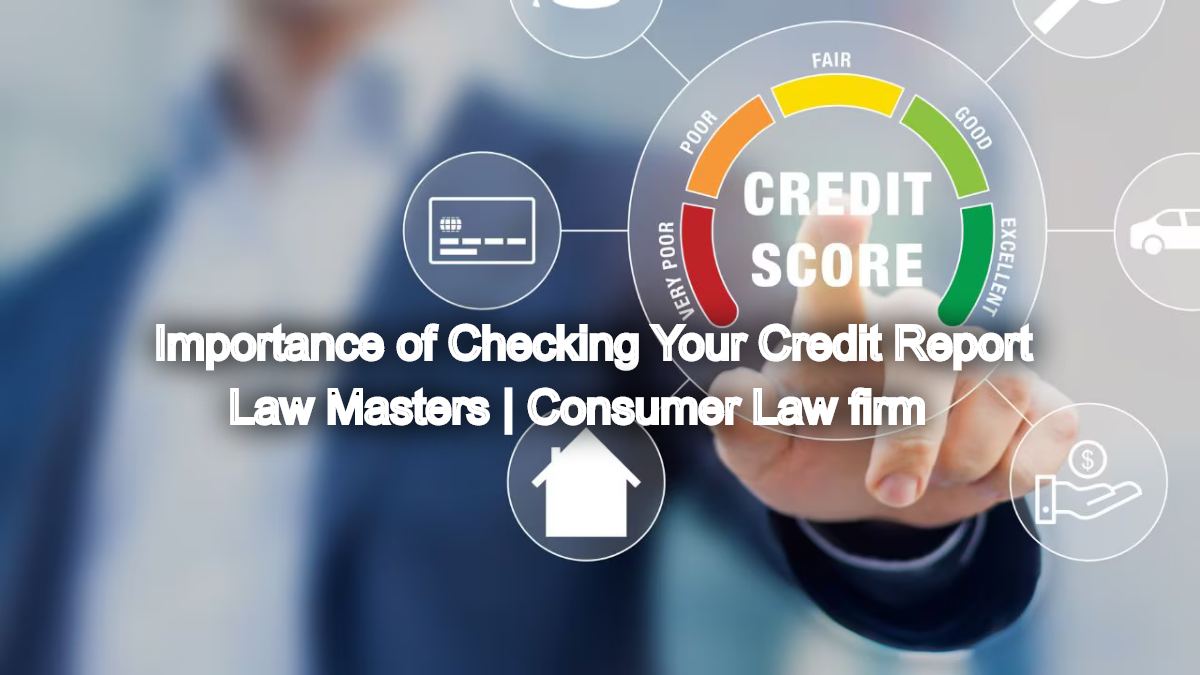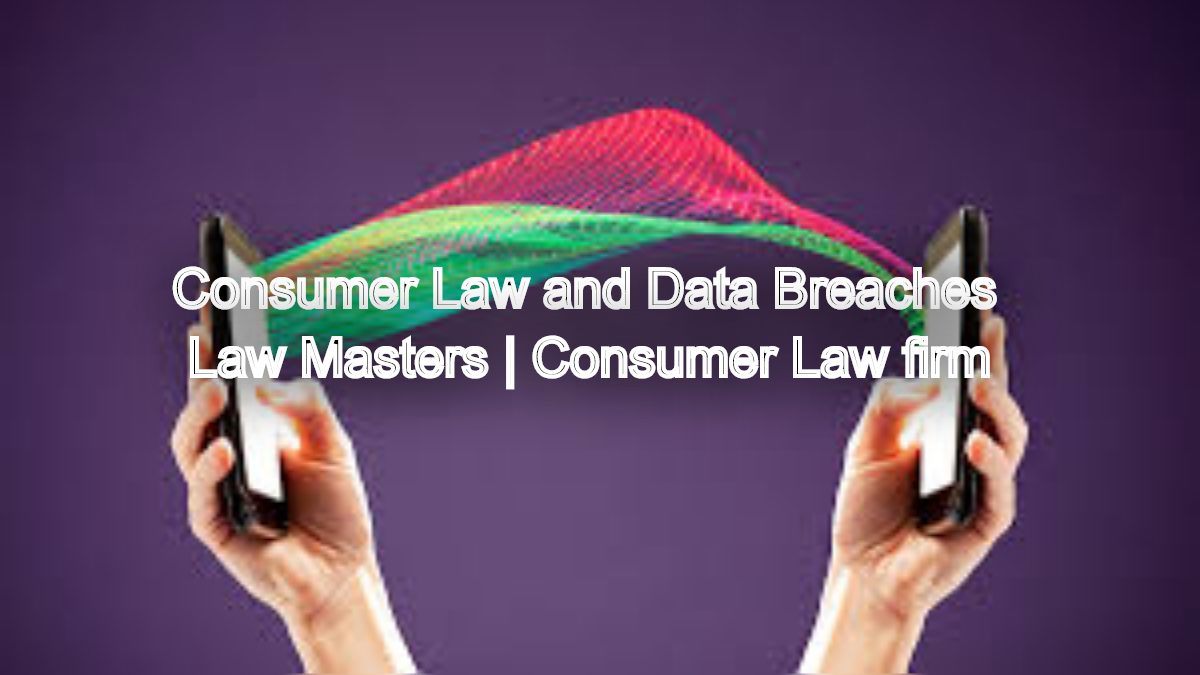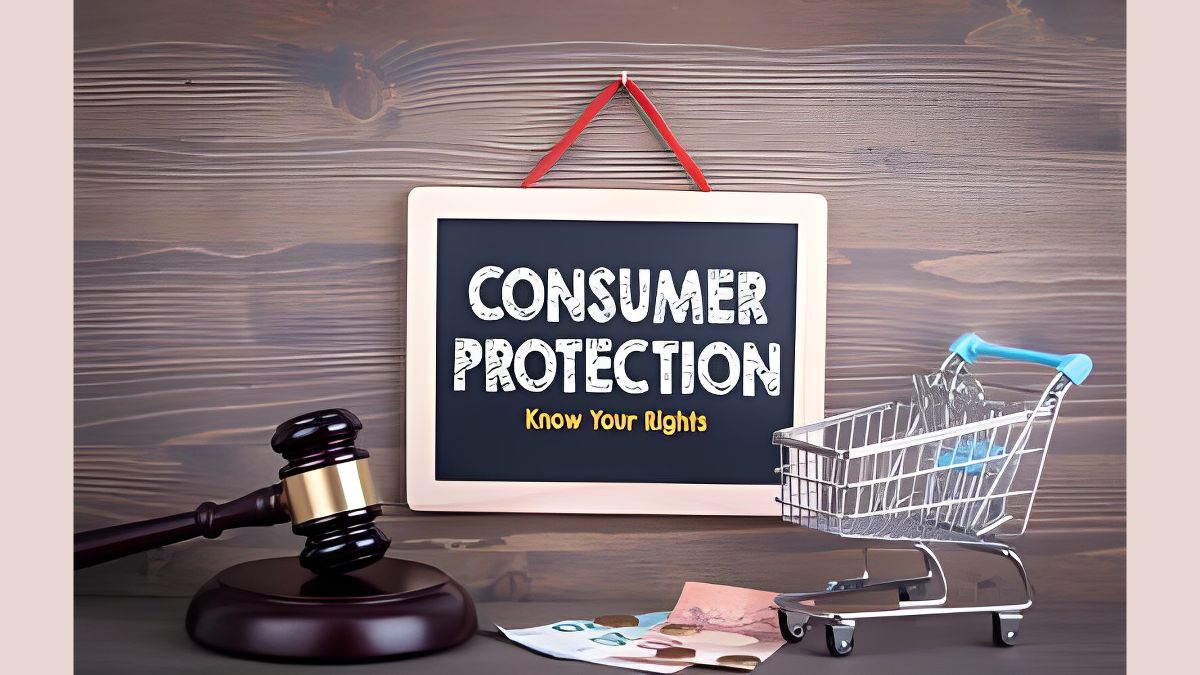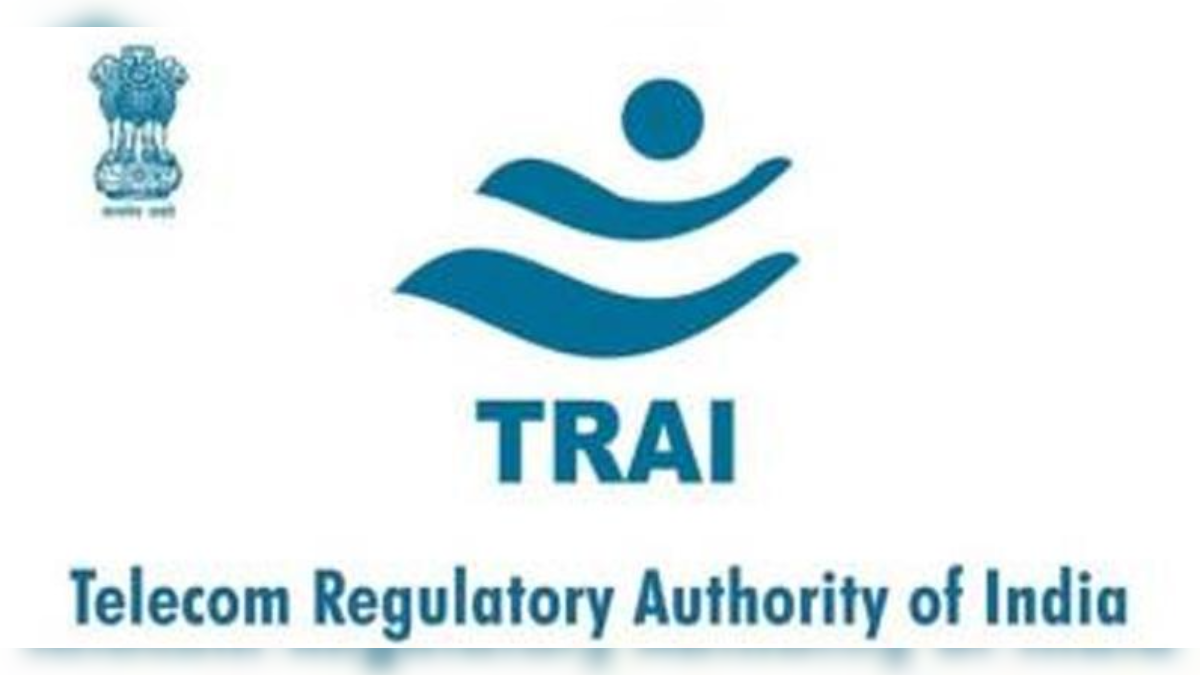In the labyrinth of the digital realm where every keystroke echoes vulnerability, safeguarding personal information online has become an imperative art. Welcome to a digital frontier where cyber threats loom large, and your data is the coveted treasure. In the cyber cosmos, Consumer Lawyers emerge as the modern-day sentinels, especially in dynamic landscapes like Chennai, Tamil Nadu.
The Sentinel Guardians: Law Masters, Your Cyber Protectors
Attention is the first line of defense. Picture this: a virtual fortress fortified by the expertise of Law Masters, a distinguished Consumer Law Firm that transcends the ordinary. Your digital well-being is not just a concern; it’s their raison d’être.
Unveiling the Digital Landscape: Beyond the Ordinary Advice
But this blog is not a sermon; it’s a revelation. Here, you won’t find clichéd advice. Instead, let’s unravel the secrets, the uncommon strategies, and the cryptographic shields that elevate your digital defense.
As we traverse this cyber-scape, Law Masters invites you to embark on a journey—a journey where consumer rights, fortified by the legal prowess of the firm, intertwine with your innate desire for a secure digital haven. It’s not just about information; it’s about empowerment. Your digital sovereignty starts here. Interest piqued? Let’s delve into the exclusive realm of tips that Law Masters unveils to fortify your personal information fortress.
Introduction
In an era defined by digital connectivity, the significance of online privacy cannot be overstated. Furthermore, as the virtual landscape expands, so do the threats of cyber intrusions and identity theft. Safeguarding your personal information is not just a recommendation; it’s a necessity in the modern world. Moreover, the prevalence of cyber threats and identity theft underscores the urgency for individuals to fortify their digital defenses.
Understanding Personal Information Online Vulnerabilities
Phishing Attacks: A Cunning Web
In the labyrinth of the internet, phishing attacks stand out as sophisticated traps. Additionally, cybercriminals use deceptive emails and websites, mimicking trustworthy entities to extract sensitive information. In addition, vigilance is the shield against these cunning maneuvers.
Social Engineering Tactics: Manipulating the Human Element
Beyond mere technical exploits, social engineering preys on human psychology. Likewise, malicious actors leverage trust and authority to deceive individuals into divulging confidential data. Similarly, recognizing these tactics is crucial for bolstering your defense.
Weak Passwords and Password Hygiene: The Achilles’ Heel
Passwords serve as the gateway to our digital lives. Nonetheless, weak and easily guessable passwords remain a prevalent vulnerability. Nevertheless, strengthening your digital fortress begins with robust passwords and conscientious password hygiene.
The Legal Landscape of Personal Information Online Privacy
Consumer Rights and Protections: A Legal Shield
Consumer rights form the bedrock of online privacy protection. However, explore the legal arsenal encompassing regulations like GDPR and CCPA, designed to empower individuals and hold entities accountable. On the other hand, consumer law firms emerge as stalwart defenders in this legal battleground.
The Role of Consumer Law Firms: Guardians of Privacy
Consumer law firms, armed with expertise and a commitment to justice, play a pivotal role in safeguarding online privacy. Conversely, advocating for clients’ rights and navigating the complex legal landscape, these firms are champions in the fight against digital infringements.
Assessing Your Digital Footprint
Social Media Presence: Tread Carefully
The virtual realm thrives on interconnectedness, but oversharing can expose vulnerabilities. Although, assess your social media presence judiciously, understanding the fine line between connectivity and safeguarding Personal Information Online.
Online Shopping Habits: Transactional Transparency
E-commerce brings convenience but demands caution. Even though, scrutinize your online shopping habits, emphasizing secure transactions, and validating the credibility of the platforms you engage with.
Data Shared with Third-Party Apps and Services: Know Your Alliances
Third-party apps and services often request access to personal data. Despite, exercise prudence, scrutinizing permissions and limiting data exposure to trusted entities only.
Securing Personal Devices
Up-to-Date Antivirus Software: The Digital Sentry
Antivirus software serves as a sentinel against digital threats. Furthermore, regularly update your security software to fortify your defense mechanisms against evolving cyber risks.
Regular Software Updates: Patching the Digital Armor
Operating systems and software vulnerabilities are common targets for cyber intruders. In contrast, consistent software updates act as essential patches, closing potential security loopholes and enhancing overall device resilience.
Device Encryption and Biometric Authentication: Fortifying Access Points
Strengthen your device security by implementing encryption and biometric authentication. Alternatively, these measures act as formidable barriers, ensuring that only authorized users gain access to your Personal Information Online.
Safe Browsing Habits
Verifying Website Security (HTTPS): The Secure Gateway
When surfing the web, prioritize websites with HTTPS protocols. Subsequently, this encryption ensures a secure connection, minimizing the risk of data interception during online interactions.
Avoiding Suspicious Links and Downloads: Navigating the Web Safely
Additionally, exercise caution when confronted with unfamiliar links or downloads. Moreover, vigilance is key to sidestepping potential threats embedded in deceptive online content.
Implementing Ad-Blockers and Privacy-Focused Browser Extensions: Filtering the Digital Noise
Ad-blockers and privacy-focused browser extensions offer an added layer of protection. Nevertheless, by filtering out intrusive ads and enhancing privacy settings, these tools contribute to a more secure online experience.
Data Encryption and VPN Usage
The Role of Encryption in Protecting Data: A Digital Enigma
Understanding the encryption of data is paramount. On the other hand, encryption transforms information into an unreadable code, safeguarding it from unauthorized access and ensuring the confidentiality of your digital communication.
Importance of Using Secure, Encrypted Connections: Fortifying the Data Pipeline
Secure your online activities by exclusively engaging in encrypted connections. Similarly, prioritize platforms and services that employ robust encryption protocols.
Benefits of Virtual Private Networks (VPNs) for Online Privacy: Anonymity in the Digital Wilderness
VPNs cloak your online identity, rendering your digital footprint virtually untraceable. Consequently, explore the advantages of VPN usage, from secure data transmission to circumventing geographic restrictions.
Two-Factor Authentication (2FA)
How 2FA Enhances Login Security: A Digital Guardian
Two-Factor Authentication (2FA) adds an extra layer of defense to your accounts. Hence, by requiring multiple forms of identification, 2FA significantly reduces the risk of unauthorized access, enhancing overall login security.
Setting Up 2FA on Various Platforms and Services: Streamlining Security Measures
Navigate the setup of 2FA seamlessly across different platforms and services. Accordingly, empower yourself with comprehensive knowledge on implementing this robust security feature.
Regular Privacy Audits to protect Personal Information Online
Social Media Privacy Settings: Customizing Your Digital Persona
Periodically review and adjust your social media privacy settings. Similarly, tailor your online presence to strike a balance between connectivity and safeguarding Personal Information Online.
App Permissions and Data Access: Restricting Digital Intrusion
Audit the permissions granted to apps on your devices. Consequently, restrict access to sensitive data, ensuring that only essential information is shared with applications.
Email Security Settings: Fortifying Communication Channels
Emails are a gateway for communication but can also be a vulnerability. In the meantime, strengthen your email security settings, minimizing the risk of phishing attacks and unauthorized access.
Public Wi-Fi Precautions
Risks Associated with Public Wi-Fi Networks: The Open Portal
Public Wi-Fi networks are breeding grounds for cyber threats. In addition, understand the risks and adopt precautionary measures to shield your sensitive transactions from potential interception.
Avoiding Sensitive Transactions on Public Networks: Exercising Caution
When connected to public Wi-Fi, refrain from engaging in sensitive transactions, such as online banking or accessing confidential accounts. Subsequently, exercise caution to mitigate the risks associated with unsecured networks.
Using Virtual Private Networks (VPNs) for Secure Connections: Creating a Secure Tunnel
When utilizing public Wi-Fi, meanwhile, reinforce your connection security by using a VPN. This creates a secure tunnel, encrypting your data and providing a shield against potential eavesdropping.
Managing and Storing Passwords for Personal Information Online Securely
The Importance of Strong, Unique Passwords: Your Digital Fort Knox
Crafting strong, unique passwords is the cornerstone of online security. Nonetheless, explore the elements of robust passwords and the pivotal role they play in fortifying your digital identity.
Password Manager Tools and Their Benefits: The Guardian of Passcodes
Password manager tools simplify the process of managing complex passwords. In contrast, discover the advantages of these tools, from secure password storage to convenient access across devices.
Best Practices for Creating and Managing Passwords: The Art of Digital Custodianship
Embrace best practices for creating and managing passwords. Moreover, from regular updates to avoiding common pitfalls, these practices contribute to the resilience of your digital fortress.
Educational Initiatives for Personal Information Online Privacy
Consumer Law Firms’ Role in Educating Clients: Empowering Through Knowledge
Consumer law firms are not just legal advocates; they are educators. Meanwhile, explore how these firms play a pivotal role in empowering clients with the knowledge needed to navigate the digital landscape securely.
Community Outreach and Online Safety Workshops: Building a Resilient Digital Community
Beyond individual education, consumer law firms contribute to the community by organizing online safety workshops. Additionally, these initiatives foster a collective understanding of online privacy, creating a resilient and informed digital society.
Read More
Conclusion
As the digital landscape evolves, so do the threats to online privacy. Therefore, armed with these comprehensive tips, individuals can proactively protect their Personal Information Online. Consequently, in collaboration with consumer law firms, we can collectively fortify our digital defenses and embrace a safer online future.







